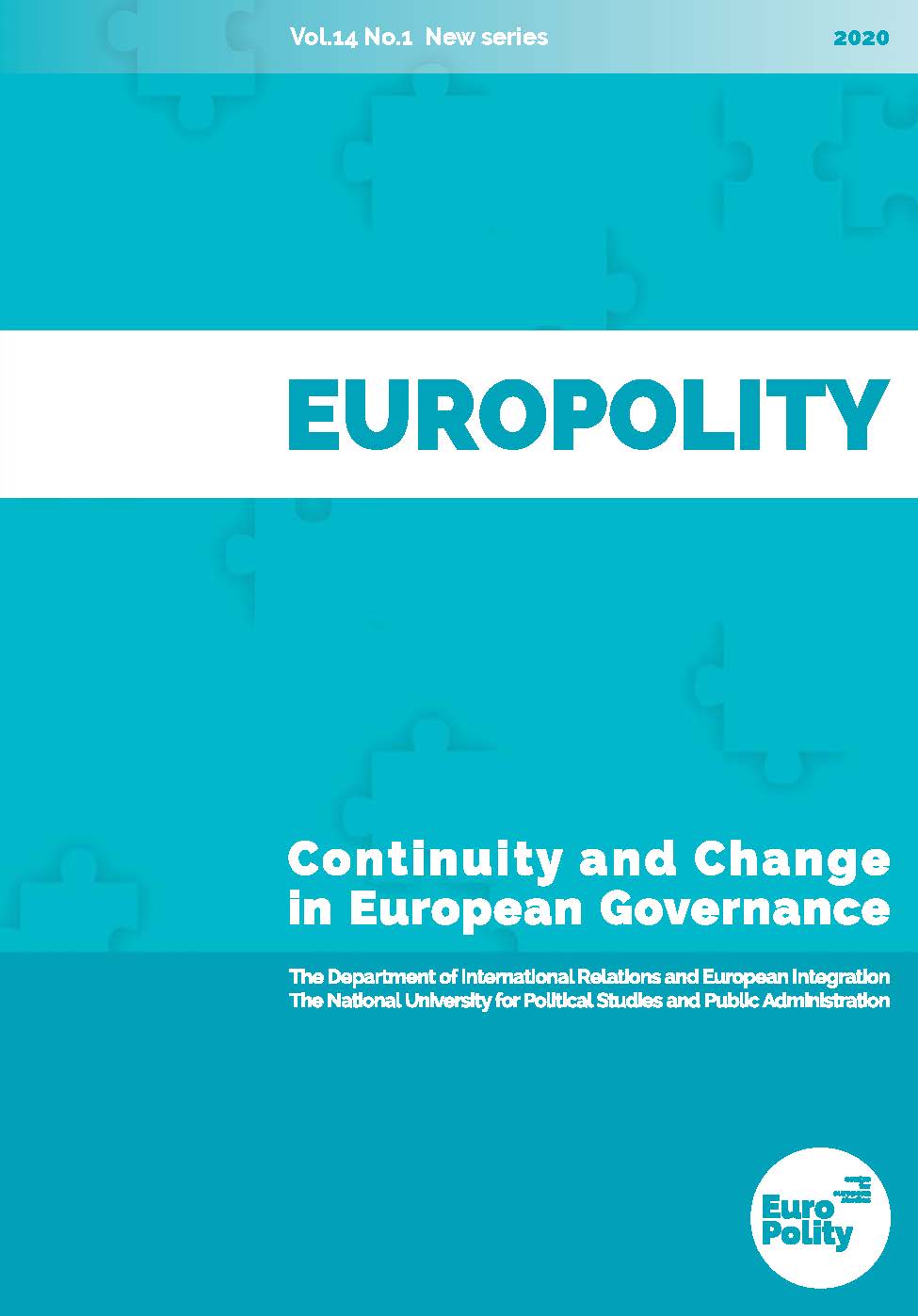DOES THE EUROPEAN GOVERNANCE STRENGTHEN AS A RESULT OF THE REFORM PROCESS ADOPTED BY THE TREATY OF LISBON?
DOES THE EUROPEAN GOVERNANCE STRENGTHEN AS A RESULT OF THE REFORM PROCESS ADOPTED BY THE TREATY OF LISBON?
Author(s): Adrian Stelian DumitruSubject(s): EU-Accession / EU-DEvelopment
Published by: Scoala Nationala de Studii Politice si Administrative (SNSPA)
Keywords: democratic legitimacy; European governance; Treaty of Lisbon;
Summary/Abstract: The importance of the Lisbon Treaty has been and is still widely debated in the academic environment. The insufficiency of the European Union model required adapting the Union to the reality of a 27 members that would bring it closer to its citizens, deepen democracy, increase efficiency and prepare the EU for the future as a global player. The discussion about governance arises in this context of the need to increase the transparency of the decision-making process and the implementation of public policies in a Union with different levels of decisionmaking. The objectives of ensuring the connection of citizens with democratic institutions so that they feel represented was an initial condition for more relevant and effective policies. In this article, I intend to first analyse the concept of governance and then I will focus on the mechanisms by which it has been strengthened once the new provisions of the Lisbon Treaty were implemented, with an emphasis on citizens' initiative, the role of national parliaments, the role of regions and local authorities, finally presenting the figures from the end of 2019 that show the confidence of citizens in the EU, compared to 2009 before the reform. We will see that more than 10 years after the entry into force of the Lisbon Treaty, citizens' confidence in the EU reaches a modest threshold of 43% and 2% higher when it comes to democracy - 45% of citizens agree that their voice matters in the EU.
Journal: Europolity - Continuity and Change in European Governance
- Issue Year: 14/2020
- Issue No: 1
- Page Range: 81-110
- Page Count: 29
- Language: English

